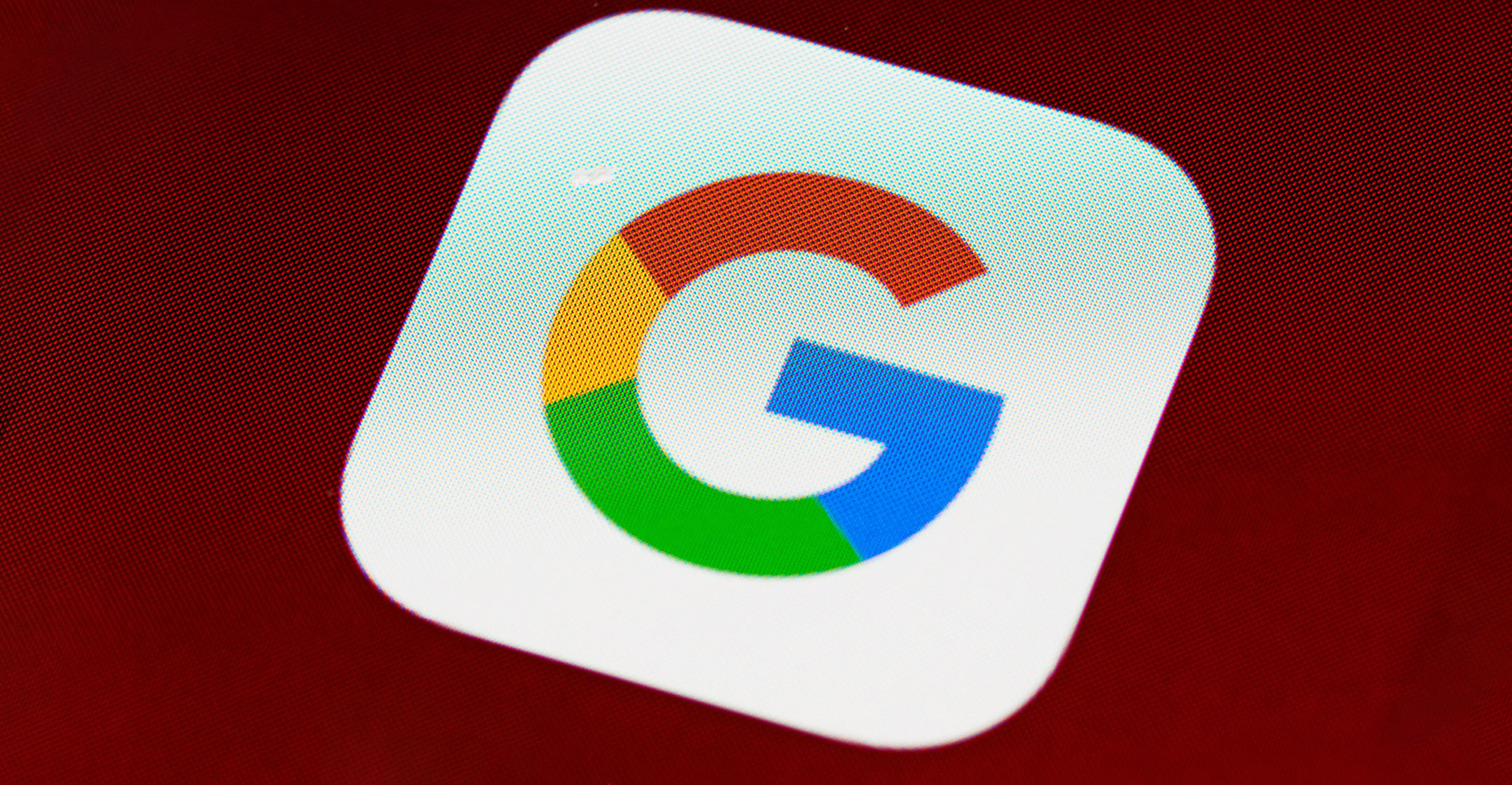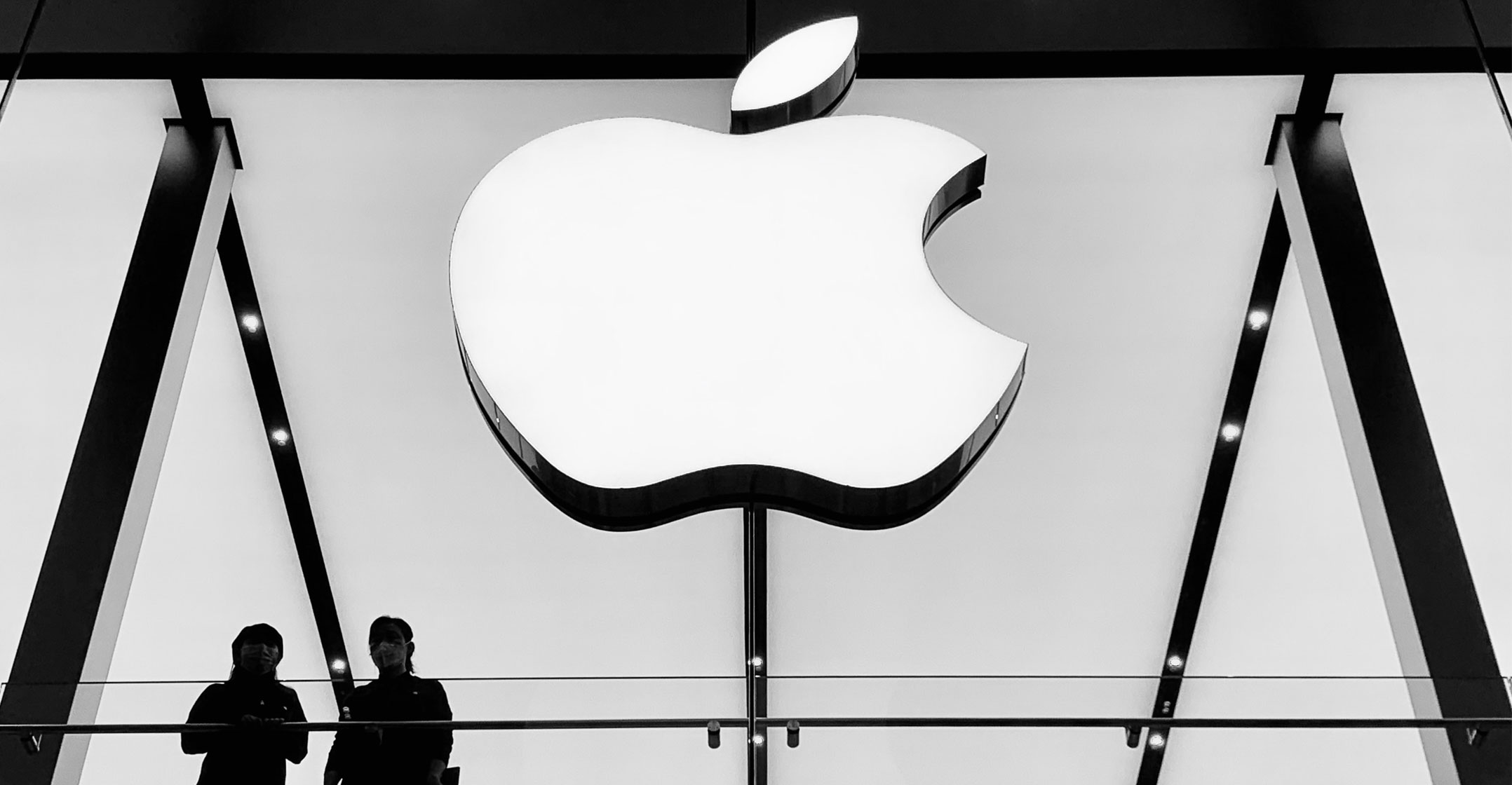
Apple and Google have each managed to make copious sets of obscene amounts of money in any environment — pandemic or not. But the paths for the two technology behemoths may start to diverge later this year.
Both companies reported blowout numbers late on Tuesday that far exceeded Wall Street expectations. Apple posted adjusted earnings per share of US$1.30, compared to an average analyst estimate of $1.01, resulting in a quarterly profit of $21.7-billion for the three months ended in June. Likewise, Google parent Alphabet generated earnings per share of $27.26, ahead of the $19.35 consensus, while generating net income of $18.5-billion for its second quarter. Shares of Apple fell in after-hours trading, while Alphabet’s stock climbed.
There’s a logic behind the reactions. No two tech giants are the same, and it comes down to their business models.
Take Apple. For all the talk about its software-and-services businesses, the company’s foundation still relies on the iPhone. Despite the strong sales results for this quarter, investors are already looking towards how its next smartphone line-up will do. The problem is, there may be little reason to upgrade. Apple plans to launch four models in September with minor feature improvements and similar designs to last year’s, according to reports. If true, it will be a big letdown compared to the current iPhone 12 line-up, which was the first from Apple with faster 5G capabilities.
Complications
And then there are the supply-chain complications. For the second quarter in a row, Apple executives said component shortages will hurt its results. The uncertainty around next year may already be contributing to the shares’ underperformance this year.
On the other hand, Google’s primary business is more correlated to the economy in general than any particular product release. Because most of its profit streams come from its dominant search engine, it also has broad-based exposure. That means as reopenings continue in the coming quarters and the world returns to normal, Google’s advertising business should outperform.
Beyond digital ads, Google Cloud is also thriving, with revenue growing 54% in the June quarter from a year earlier. The unit has gained a reputation for cutting-edge artificial intelligence tools and better integration with open-source software technologies than rivals. And while it is smaller than Amazon Web Services and Microsoft’s Azure, it has clearly become a viable third player.

Of course, both technology companies are under regulatory scrutiny. Governments around the world are investigating Apple’s App Store business practices, while Google has been sued by the department of justice and state attorneys-general. These processes, however, will likely take time to come to a resolution.
Meanwhile, investors are focusing on intermediate business fundamentals, signalling that Google stands on firmer ground relative to Apple. That seems to be a prudent choice. — By Tae Kim, (c) 2021 Bloomberg LP




